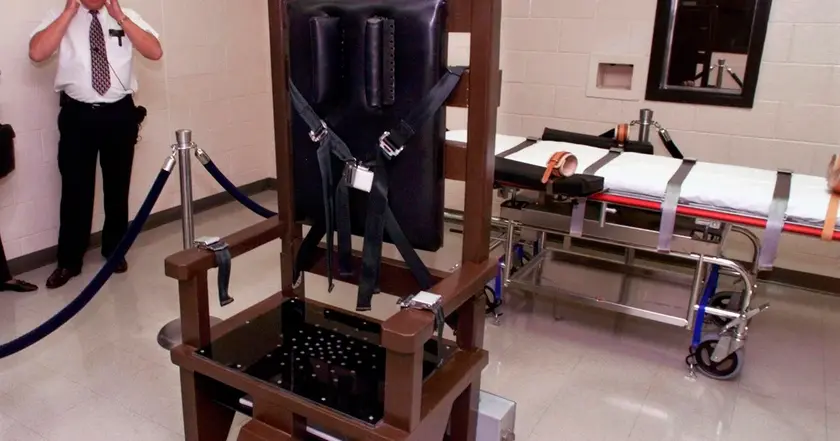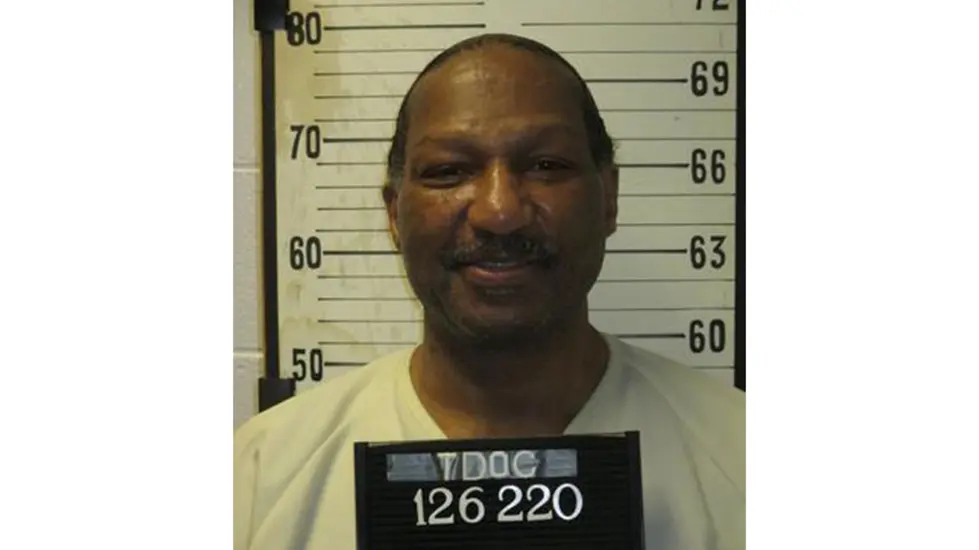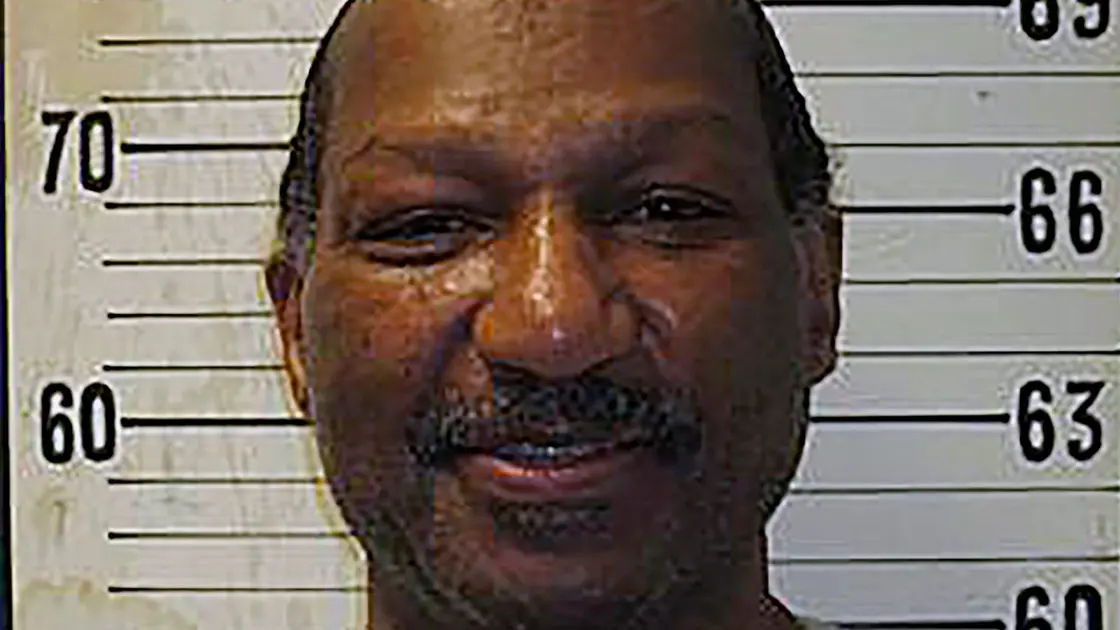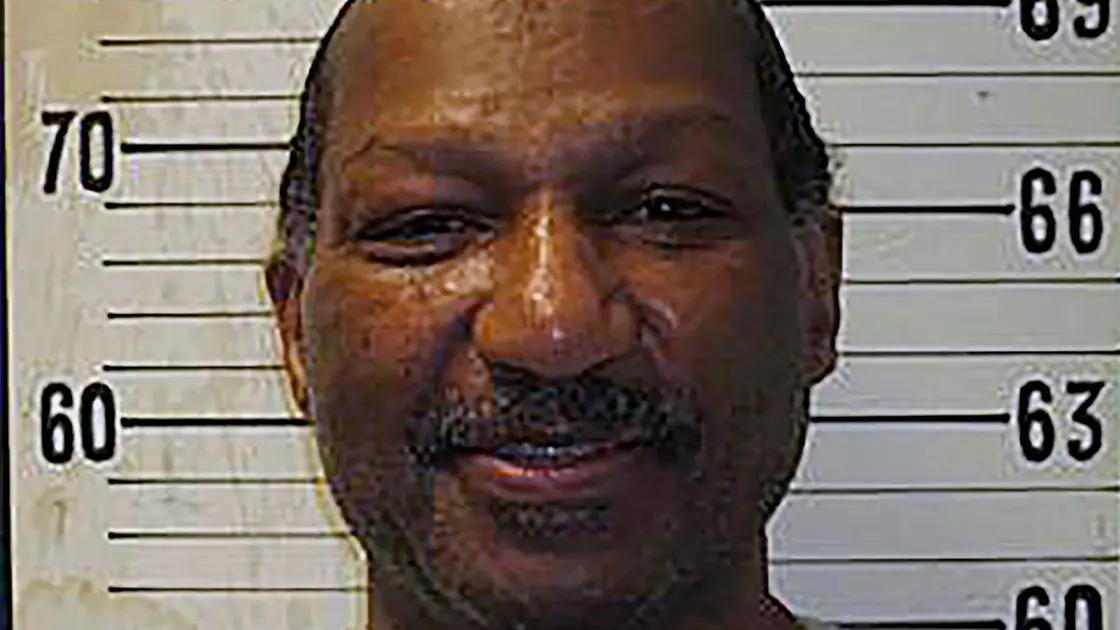T4K3.news
Tennessee executes Byron Black despite health risks
Byron Black was executed amid concerns that his defibrillator could cause him undue suffering.

The execution of Byron Black raises alarms about medical ethics and legal standards in capital punishment.
Tennessee executes Byron Black despite serious health concerns
Byron Black was executed by lethal injection in Tennessee after a lengthy legal battle. His lawyers argued that his implanted defibrillator could shock him back to life, causing extreme suffering. Black, 69 years old, had been on death row for over three decades for the murders of his girlfriend and her two daughters in 1988. Despite the U.S. Supreme Court allowing the execution to proceed, many view this case as a troubling example of how health issues intersect with capital punishment laws. Witnesses reported Black expressed pain during the execution, bringing further attention to the ethical implications involved in state-sanctioned death.
Key Takeaways
"Oh, it's hurting so bad."
Black reportedly expressed pain during his execution, highlighting the distress he felt.
"Executing him without first disabling the defibrillator would violate the Eighth Amendment."
His lawyers argued that the execution method could lead to extreme pain, challenging its legality.
"Capital punishment is an essential tool for deterring the most heinous crimes."
This reflects the ongoing support for the death penalty by some political leaders, despite ethical concerns.
The execution of Byron Black reveals deep-seated tensions between the legal system and evolving standards of medical ethics. In executing a man with an implanted defibrillator, authorities raised critical questions about the respect for human dignity and the interpretation of cruel and unusual punishment. As states continue to navigate the complexities of lethal injections and death penalty practices, this case may serve as a turning point for future discussions on capital punishment and human rights protections in the justice system.
Highlights
- This case raises serious ethical questions about execution methods.
- Byron Black's suffering during execution cannot be ignored.
- The intersection of health and law in death penalty cases is fraught with challenges.
- Executing a man with a defibrillator crosses an ethical line.
Execution raises ethical concerns
The execution of Byron Black, particularly with his medical condition, raises serious ethical questions about the legality and morality of capital punishment practices.
The implications of this case may resonate for future executions and legal standards.
Enjoyed this? Let your friends know!
Related News

Tennessee executes Byron Black despite health concerns

Tennessee executes inmate amid health concerns

Tennessee inmate executed despite health concerns

Tennessee moves forward with controversial execution

Tennessee prepares for execution of Byron Black with medical concerns

Tennessee executes Byron Black amid health concerns

Byron Black executed while having working defibrillator
